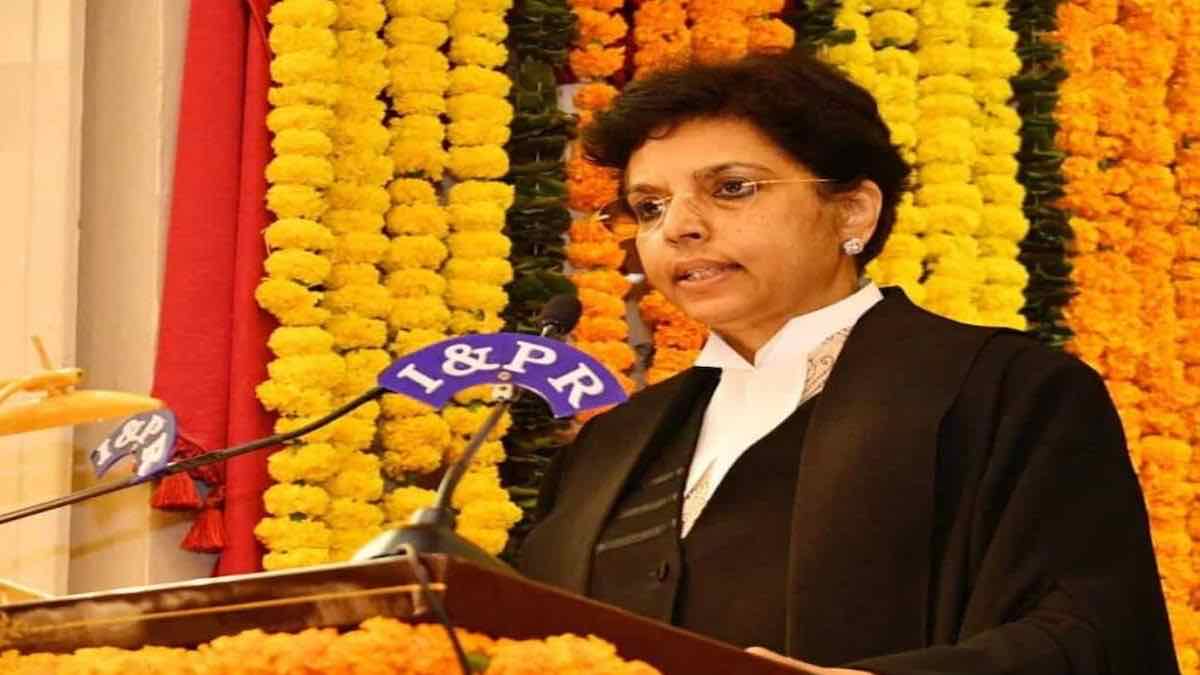Gender bias in the legal profession remains a persistent issue, as no woman lawyer has been appointed as Attorney General (AG) or Solicitor General (SG) in the last 75 years, highlighted former Supreme Court Justice Hima Kohli. She addressed this concern during her keynote speech at an event marking the centenary of women’s legal practice in India.
The event celebrated the landmark Legal Practitioners (Women) Act of 1923, which first allowed women to practice law in the country. Despite such progressive steps, Justice Kohli pointed out that gender discrimination, though less overt, still significantly affects women lawyers today. They continue to face stereotypes that question their competence and authority, often perceived as less aggressive or assertive than their male counterparts.
Justice Kohli emphasized that such biases not only persist in casual perceptions but also influence hiring practices, thereby limiting professional advancement opportunities for women in legal firms and courts. She noted a slight increase in the number of women holding the position of Additional Solicitor Generals (ASGs) in the Supreme Court. However, women ASGs representing the Union government in state high courts remain exceedingly rare.
Further compounding the issue, Justice Kohli referred to 2023 Bar Council of India data which shows that women lawyers make up only 15.31% of the total enrollment. A 2021 study highlighted that there were only 76 women high court judges out of a total of 750, though the representation is somewhat better in district courts in some states.
The former judge cited major barriers to the progress of women in the legal field, including the challenge of balancing professional responsibilities with family obligations, safety concerns, inadequate infrastructure, and a lack of mentorship and networking opportunities. She stressed the need for judicial and legal community sensitization towards these biases through workshops, debates, and anti-bias training programs.
Justice Kohli called for a reevaluation of explicit and implicit gender biases in the legal profession. Explicit biases include discriminatory hiring and promotion patterns, while implicit biases might be seen in the inadequate enforcement of laws designed to prevent such discrimination. She urged for the adoption of policies that ensure equal pay, parental leave, and better representation in senior legal roles to create a more equitable environment.




